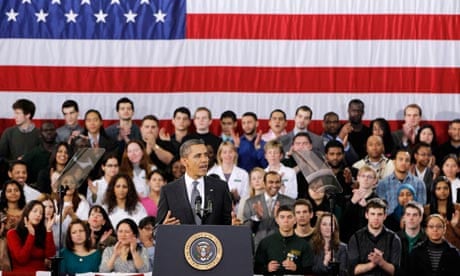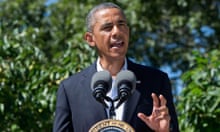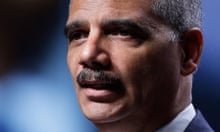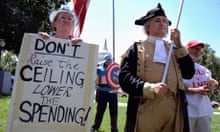We all know Republicans have done well among seniors, while Democrats have done better with the young. Part of this is that the youth segment of the electorate is more diverse – although younger white people have also been more Democratic than their older counterparts. Given that people tend to hang on to the voting habits they start with, you can see how this might be a problem for Republicans in later elections.
Older folks are more likely to die sooner than younger people, of course. So, Republicans have to hope for one of two things to happen in order to stay competitive in elections.
The first possibility is that those currently younger than 18 will turn out to be more conservative than the 18- to 29-year-olds are now. I've made this point before, and there is some polling of high school students that suggests this may be true.
The second possibility is that younger voters will become more Republican over time. I've been somewhat skeptical of this view. Party affiliation tends to be relatively stable over the period of one's life.
Sean Trende has noted, however, that younger voters did become somewhat more Republican, compared to the electorate at large, from 2008 to 2012. Young white voters were 10pt less in favor of Obama per the exit polls, while young black voters were 4pt less in favor, compared to only a 2pt drop in Obama's vote percentage among all voters. Trende also pointed out strong evidence that 18- to 24-year-olds in 1972 have become exponentially more Republican over the past 40 years.
So, Trende may be on to something. As any polling aggregate illustrates, President Obama has seen his approval rating fall considerably over the past few months. The Real Clear Politics average, as of this writing, has it at 44%. Many of us have been trying to figure out why this approval has dropped. If we look at the racial breakdown, it's mainly among whites without a college degree and, to a lesser extent, minority groups.
Little attention has been paid to which age groups Obama has been losing support from. Often, public polls have small sample sizes for subsamples, especially for young people, who are difficult to reach. The Gallup tracker (and yes, Gallup's overall Obama approval matches other public polls) allows a way around this problem. Since it polls every day, we can add multiple polls together to get a very good idea of how Obama is doing by age group.
Obama's overall approval was 50.8% per Gallup in the month before election, but it has decreased by 5.1pt, to 45.7%, since July. The decline, it turns out, can mostly be ascribed to younger voters.
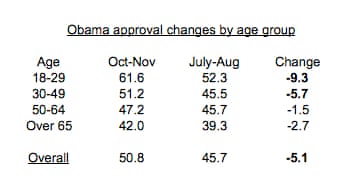
Compared to his average approval a month before the election, Obama's approval rating since the beginning of July has dropped 9.3pt, to 52.3%, among 18- to 29-year-olds. His approval among 30- to 49-year-olds has dipped by 5.7pt, to 45.5%.
His approval among those older than 50 has stayed relatively stable comparatively. He's only down to 1.5pt among 50- to 64-year-olds, and 2.7pt among those older than 65. Indeed, his approval with 50- to 64-year-olds has actually been 0.2pt higher than among 30- to 49-year-olds.
Pew Research, with a much smaller sample size, also showed that Obama's approval rating with 18- to 29-year-olds has taken a dive. So, no, you likely can't just assign this to "Gallup being Gallup".
But why are young Americans rejecting Obama? I can think of possible sources. First, it may be because of the NSA spying revelations. As I noted back when the story initially broke in June, it was younger voters who were most likely to say they wouldn't support President Obama because of what they'd learned. Second, young people are hit hardest by an economy that many Americans still think is weak – and the youth are at least partly blaming Obama.
Now, Obama's approval with 18- to 29-year-olds, at 52%, still runs higher than it does on average. My guess is that among the 30- to 39-year-old subset, Obama's approval is also higher than it is among all Americans. So, these voters can't be described as Republican-leaning by any stretch.
The key for Republicans, however, is that by holding their deficit down among young voters, they could get to a majority by winning older voters by a large margin. Add on the fact that the young voters of tomorrow may not be nearly as Democratic as the ones today, and you get an idea of how the "Democratic majority of tomorrow" may never be realized.
Of course, a decrease in President Obama's approval rating doesn't necessarily guarantee Republicans can pick up support among those disaffected Obama backers in actual elections. Although presidential approval is highly correlated with election results, you still need to present some sort of a message that actually appeals to younger voters to win them over. I haven't seen much evidence yet that Republicans are doing that.
What this data does affirm is that President Obama has seen his approval rating among young voters drop more than among any other age bloc over the past few months. This means Obama's famous "youth vote" is not, in fact, tied to the Democratic brand. The question is whether Republicans can take advantage of that.
